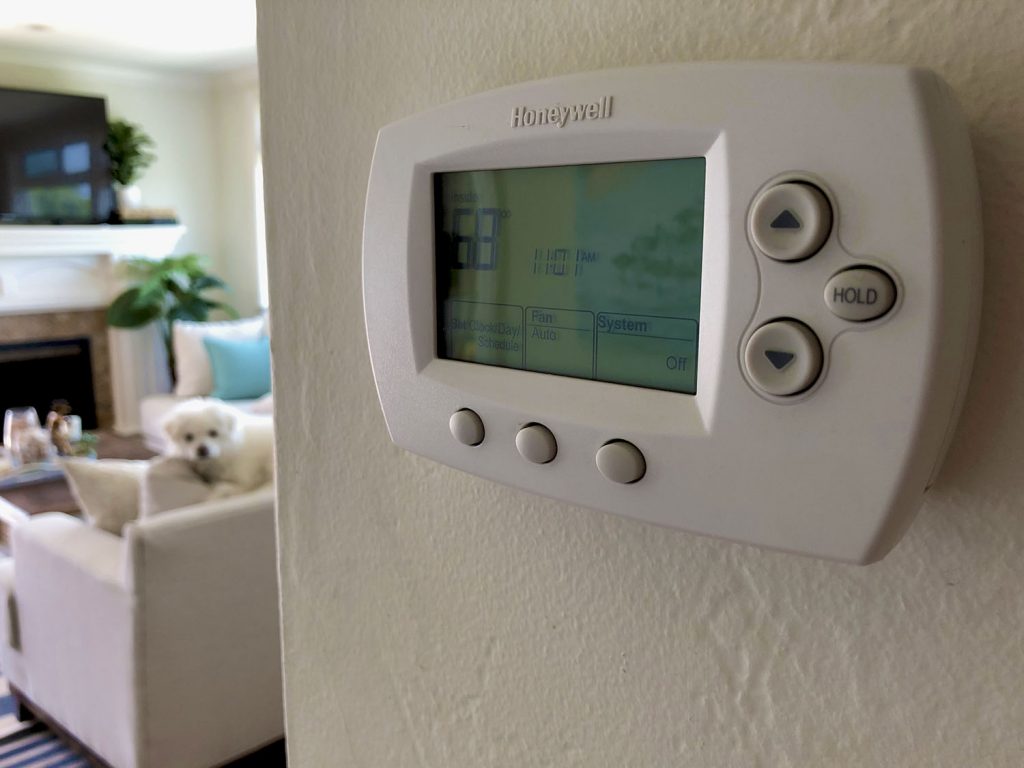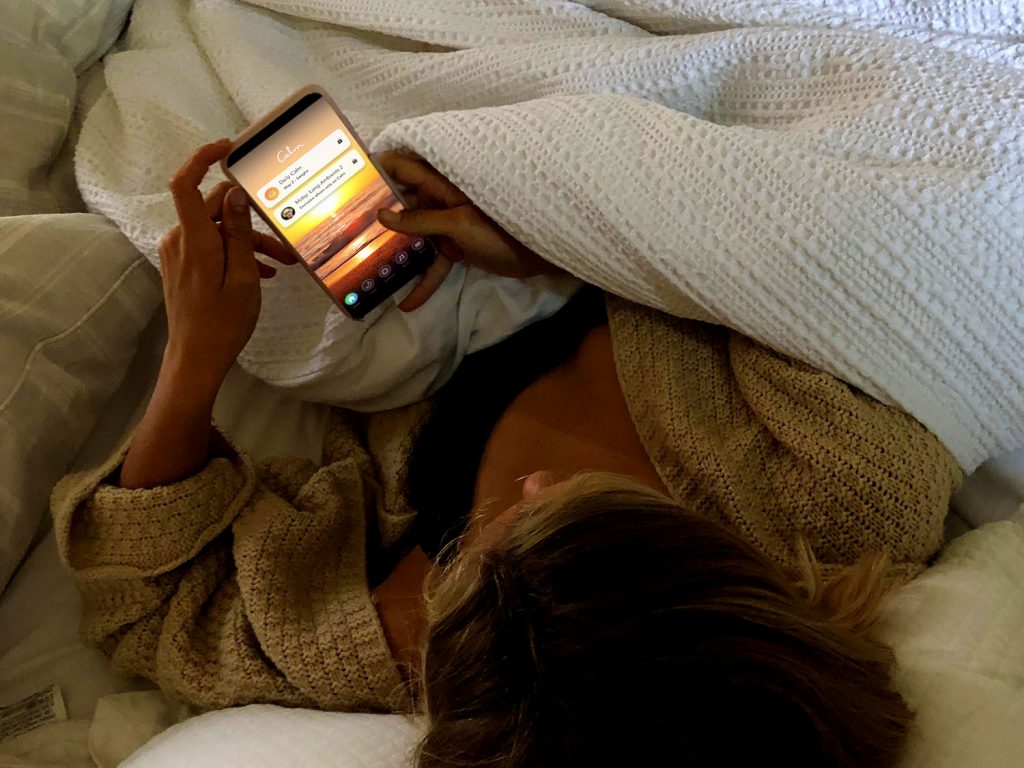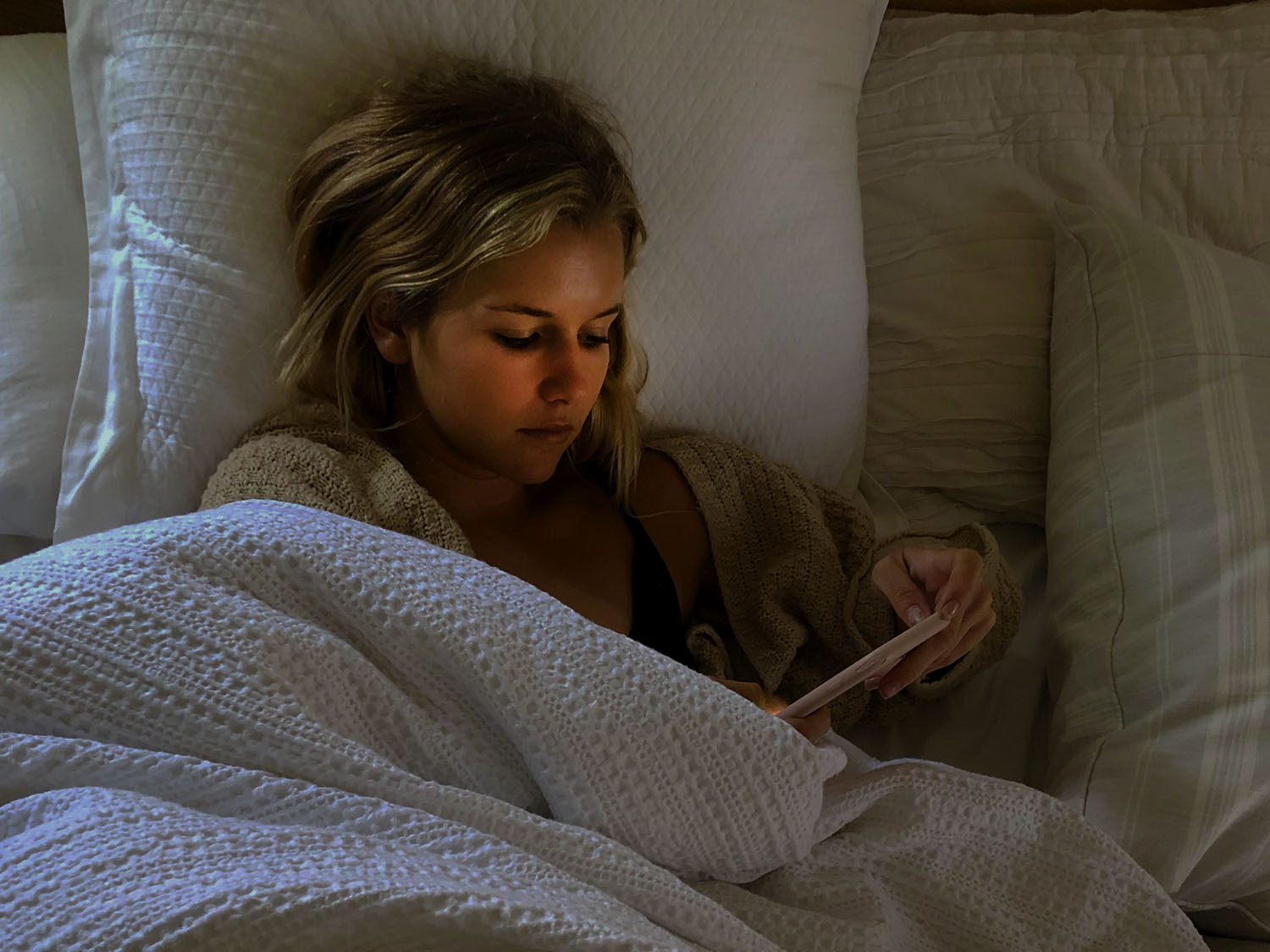Presurgery Insomnia: 5 Pro Tips for Getting a Good Night’s Sleep Before Your Procedure
When it comes to having a successful surgery experience, ensuring you’re well rested is key. But how, exactly, do you get a good night’s sleep when your head hits the pillow and all you can think about is your upcoming procedure? Not to fear, friends—today, we’re breaking down five pro tips for beating presurgery insomnia. Read on for our top tips, and get ready to catch those ever-elusive pre-op zzzs.

1. Work out early in the day.
Working out is a great way to expend some energy and help your body rest at night. But what many people don’t realize is that working out right before bed will leave you a little too revved up to relax. If you’re someone who normally works out later in the evening, switch your routine and opt for an earlier exercise session instead. Ideally, you want to workout 4-5 hours before bedtime. Keep in mind, however, research shows that, while exercise does help insomnia, it doesn’t do so right away. If you’re really looking to use exercise as a way to cure presurgery insomnia, you’ll ideally want to start working out weeks before your surgery, as opposed to solely on the day prior.

2. Try aromatherapy.
When it comes to taking the edge off of presurgery insomnia, aromatherapy is such a simple way to reap relaxation benefits. While the research is still out on how, exactly, essential oils help cure insomnia, it’s thought that absorbing oils through your skin and/or inhaling them can trigger certain brain chemicals linked to controlling sleep. Oils that work the best for sleep are lavender (no surprise there), bergamot, vanilla, and cedarwood. Try placing a few drops of an oil of your choice on a piece of cloth or cotton ball and inhaling deeply a few times—or, you can rub a few drops of oil onto the inside of your wrist and inhale deeply. Other options include using a diffuser, mixing oils with water for a homemade mist (which you can spray onto your sheets, your pillow, and around your bedroom), or adding a few drops to a hot bath. For those looking for potent blends specifically designed to help insomnia, we especially love doTERRA’s “Calmer” blend for sleep (they recommend rubbing it onto your wrists and the bottom of your feet) or their Serenity Complex.

3. Beware of backlit screens.
We’ve all been guilty of checking our email or mindlessly scrolling through Instagram in bed at night when we can’t sleep—but it’s no secret that smartphone use before bed only exacerbates insomnia. The blue light from our devices has been proven to affect the body’s levels of melatonin more so than any other light wavelength. Melatonin helps us sleep, and light—particularly the kind that comes from our back-lit devices—suppresses melatonin, making it difficult to catch a good night’s sleep. (Think about it this way: our brains have evolved to equate light with day—so it makes sense, then, that light from our phones can affect our ability to sleep at night.) If you’re someone who has a hard time resisting the urge to swipe and scroll late at night, it’s best to keep your phone, laptop, and other devices out of the bedroom all together the night before your procedure to help curb presurgery insomnia.

4. Turn down the temperature.
Way down, in fact. Research shows the ideal temperature for sleeping is about 65 degrees Fahrenheit. Because our bodies turn down our internal temperature by a few degrees for sleep, having a cold room can help facilitate your body’s natural cooling process and ultimately help you fall into a deeper sleep, faster. Your body is basically trying to achieve an ideal temperature for sleep (which is lower than its daytime temp)—by cooling down the air in your bedroom, you help your body hit this ideal lower temperature much quicker than it can in a warm room.

5. Try the right technology.
We know what you’re thinking: But didn’t you just say to avoid screens? We did; however, when used properly, certain technology can actually aid us in our quest to catch some zzzs and avoid presurgery insomnia. We are currently pretty obsessed with the new smartphone app Calm. We love their sleep stories for adults (one of which is read by none other than Matthew McConaughey). With low, calming voices, slow cadences, and stories that aren’t exactly action-packed, these sleepy tales are great for shaking your pre-procedure nerves. Other technology that may help you fall into a deeper sleep faster? White noise machines. They’re a particularly great option for those who have roommates or live with others who may be a bit loud.
Overall, when it comes to presurgery insomnia, there are a few key things you can try to help you get a good night’s sleep before your procedure. Being mindful about exercise, temperature, and both the benefits and drawbacks of technology are all great ways to help you kick those presurgery nerves to the curb and catch some well-deserved rest before the big day.
Want even more helpful presurgery tips? Browse out the rest of the Mend Well Blog here.


